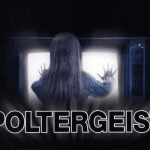In the Mouth of Madness (1994)
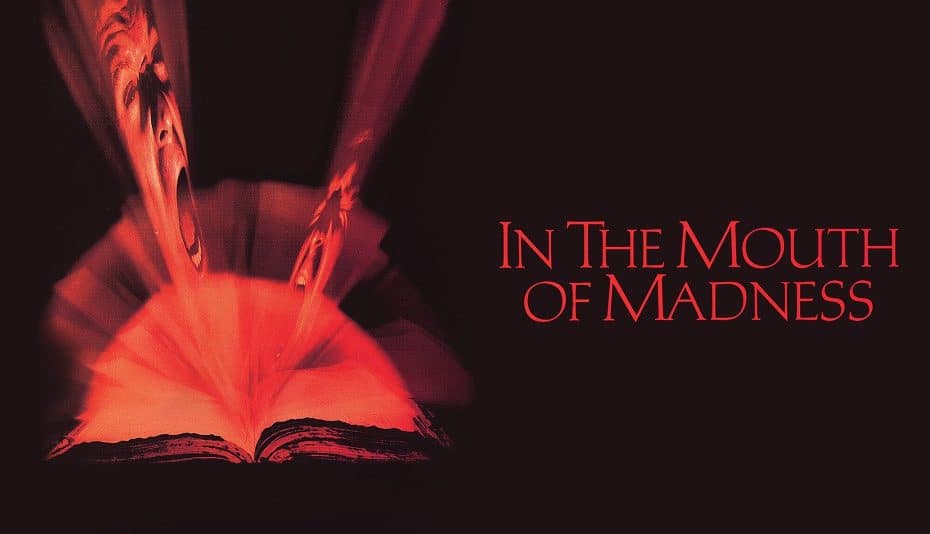
In the Mouth of Madness is a 1994 supernatural horror film directed and written by John Carpenter, with a screenplay co-written by Michael De Luca. The film stars Sam Neill, Julie Carmen, Jürgen Prochnow, David Warner, and Charlton Heston. Combining elements of psychological horror and Lovecraftian themes, In the Mouth of Madness explores the thin line between fiction and reality, creating an eerie and mind-bending narrative that keeps the audience on edge from start to finish.
The story follows John Trent (Sam Neill), an insurance investigator, who is hired to track down a missing author named Sutter Cane (Jürgen Prochnow). Cane is famous for writing horror novels that have captivated millions of readers, but his latest work, which has yet to be published, seems to have a disturbing power over its readers. As Trent delves deeper into the mystery, he finds himself drawn into the strange and terrifying world that Cane’s books describe. Soon, he begins to question his own sanity as the boundaries between the fictional horrors in Cane’s stories and the real world start to blur.
John Trent, portrayed by Sam Neill, is the central character whose skepticism and rationality are tested throughout the film. Initially, Trent dismisses the supernatural occurrences around him, believing they can be explained away logically. However, as the events unfold, Trent’s journey becomes one of self-doubt and terror. His transformation from a man in control of his reality to someone who questions everything he believes in is a central theme of the film. Other notable characters, such as Julie Carmen’s Linda, serve as companions who help Trent navigate the increasingly surreal events. However, Linda’s own fate becomes entangled in the disturbing forces at play.
One of the core themes of In the Mouth of Madness is the idea of the blurry line between fiction and reality. The film explores how stories, particularly horror fiction, can have a powerful psychological effect on people, pushing them to question what is real and what is imagined. Sutter Cane’s books are so vividly detailed and disturbing that they begin to warp reality, suggesting that the written word can control not only perception but also the very fabric of existence. This concept challenges the audience’s understanding of the nature of reality and the influence of art, particularly horror, on the human mind.
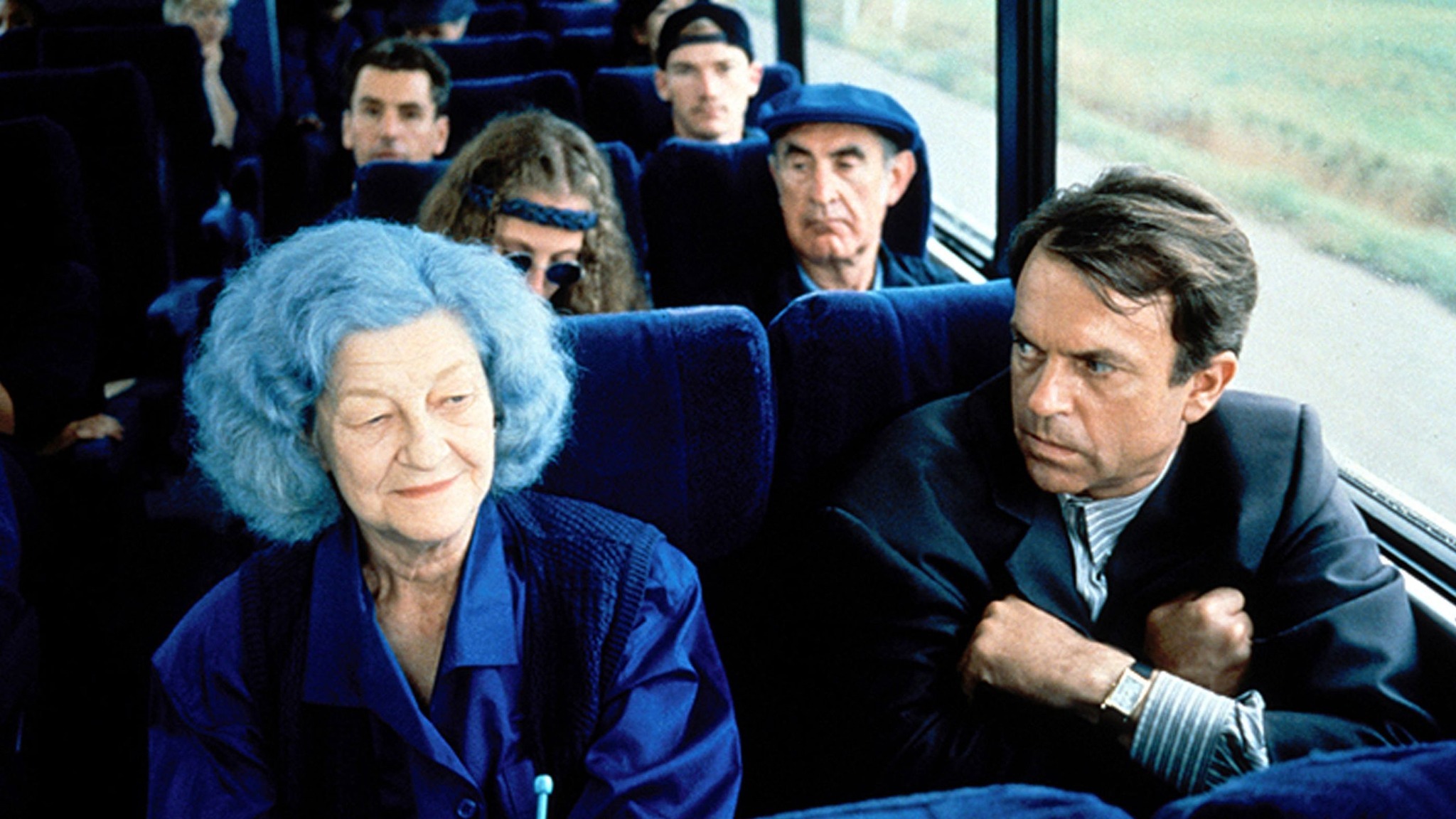
In the Mouth of Madness is a masterclass in psychological horror. The film plays on the fear of losing one’s grip on reality, creating an atmosphere of constant unease. John Carpenter’s direction uses surreal and nightmarish imagery to unsettle the viewer, with scenes that blend grotesque supernatural elements with a sense of creeping dread. The visual style of the film, combined with the haunting score, creates a disturbing tone that amplifies the psychological terror experienced by the characters. The film’s narrative structure, which often shifts between what is real and what is imagined, further disorients both the protagonist and the audience.
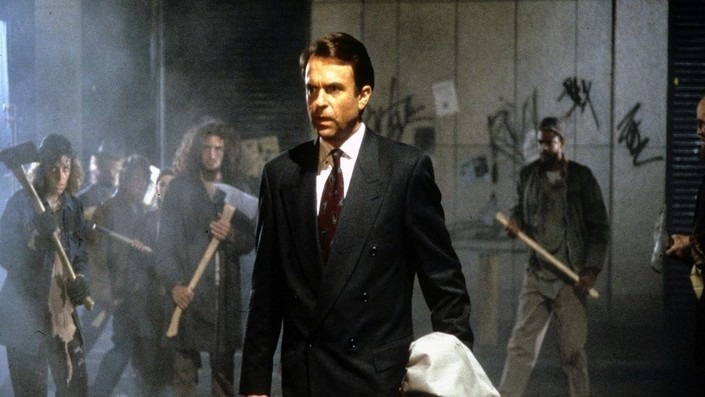
In the Mouth of Madness is heavily influenced by the works of H.P. Lovecraft, particularly in its exploration of cosmic horror and the fragility of the human mind. The idea that there are forces beyond human comprehension that can drive people to madness is central to the film. The supernatural elements are not simply scary in a conventional sense but are deeply unsettling because they suggest that reality itself is unstable. The film’s ending, which leaves many questions unanswered, echoes Lovecraft’s themes of unknowable forces and the limits of human understanding.
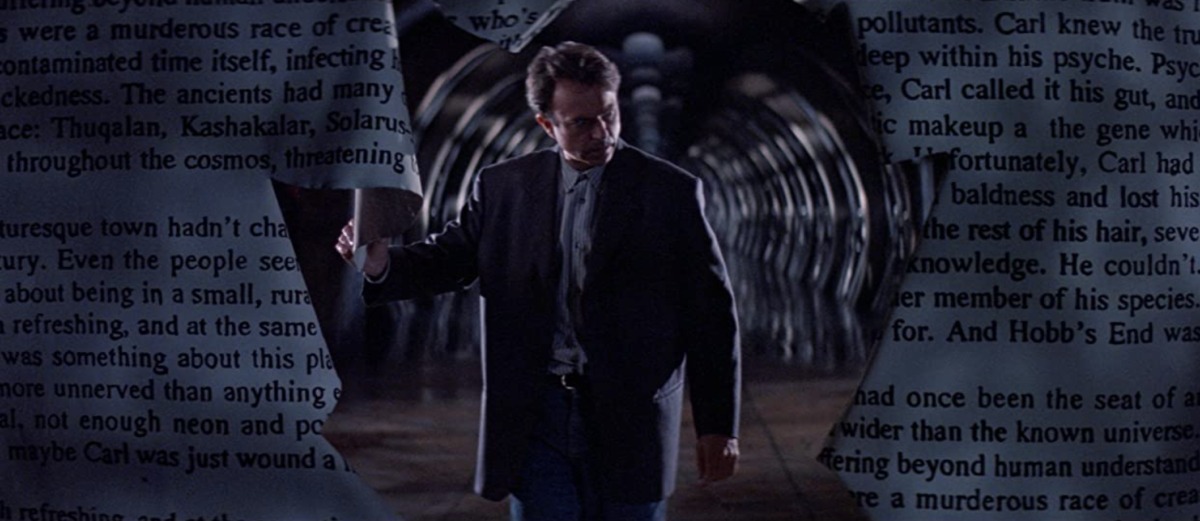
In conclusion, In the Mouth of Madness is a standout film in the horror genre, offering a unique blend of supernatural terror, psychological suspense, and philosophical exploration of reality and fiction. John Carpenter’s direction, combined with a strong performance from Sam Neill, makes the film a captivating and unsettling experience. The themes of madness, the power of literature, and the blurry boundary between what is real and what is imagined make it a thought-provoking and eerie ride. For fans of psychological horror and Lovecraftian themes, In the Mouth of Madness remains a memorable and chilling film that challenges the perception of reality itself.











